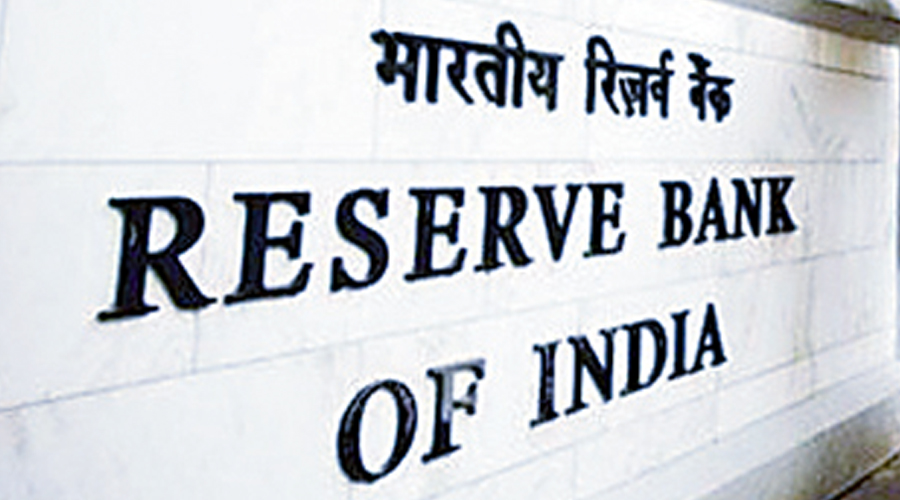Retail inflation of 7 per cent in August may spur the Reserve Bank of India (RBI) to raise interest rates by another 50 basis points this month, analysts have said. The August inflation print was higher than the 6.71 per cent inflation in July and well above the RBI’s comfort level of 6 per cent. Higher food inflation contributed to the increase in the headline rate.
But this was before US consumer inflation came up at 8.3 per cent in August, which is above expectations and sets the stage for aggressive rate action by the US Federal Reserve on September 20 and September 21 — besides offering cues to the RBI as to its own rate manoeuvres at its September 28-30 meeting.
“From a policy perspective, another month of above-target inflation clears the path for further monetary tightening at the next MPC (Monetary Policy Committee) meeting on 30 September,” said Rahul Bajoria, chief India economist at Barclays Bank.
“From the RBI perspective, with inflation running higher than 6 per cent levels for the last eight months, the policy repo rate increase has been front-loaded with a 140 bps rise over just three policies (including an emergency policy meeting),” Indranil Pan, chief economist, Yes Bank, said in a report.
“Even as growth surprised on the lower side (from RBI’s own expected levels) for Q1FY23, we do not see the RBI taking its foot off the pedal immediately. We call for the RBI to remain spirited and hike the repo rate by another 50 basis points at the close of the September 30 meeting,” Pan said.
“This also would signal RBI’s willingness to accept a relatively larger growth sacrifice, given that the central banks across the world have continued to point in a similar direction,” he said.
“We believe the RBI is likely to raise rates in the September policy and it could be a close call between 35 and 50 basis points. Beyond September, we are pencilling in a minimal and token rate increase as inflation is likely to fall in H2FY23,” said a report authored by Soumya Kanti Ghosh, group chief economic advisor, SBI.
“While the inflation trajectory and global financial conditions still appear cloudy, we expect the RBI to raise the repo rate by another 25 bps in its September meeting, and thereafter be guided by inflation dynamics and the Fed’s actions in the second half of the year,” said Crisil in a research report published Tuesday.
CEA view
India’s chief economic adviser, V. Anantha Nageswaran, is not overly concerned about retail inflation hitting 7 per cent in August.
The CEA attributed high inflation to base effects. He said the market was overreacting to a possible shortage of food crops, with prices reacting in advance. “As soon as the market comes to know that there are adequate foodgrain stocks and that the sowing shortfall isn’t as big as is being made out to be, then I expect the current spike in the food prices to moderate themselves over time,” Nageswaran told a television channel.
“The most interesting trend is the negative growth in protein-rich item eggs and steady deceleration in prices of meat and fish. This trend is rather surprising as the current period of high inflation is not driven by protein-rich items,” the economic research wing of SBI said in its Ecowrap report on Tuesday. The report attributed supply-side factors as primarily responsible for the inflationary trend.
“Our results show that supply side factors which were responsible for 65 per cent of CPI inflation (or retail inflation) in May had dropped to 58 per cent in July but has increased to 61per cent in August possibly reflecting the increase in unseasonal rains.”
“Interestingly, demand factors continued to remain range bound and the contribution of demand seemed to have slowed down in August, though marginally. Clearly, the jump in inflation in India continues to be a by-product of supply disruptions,” the report said.










